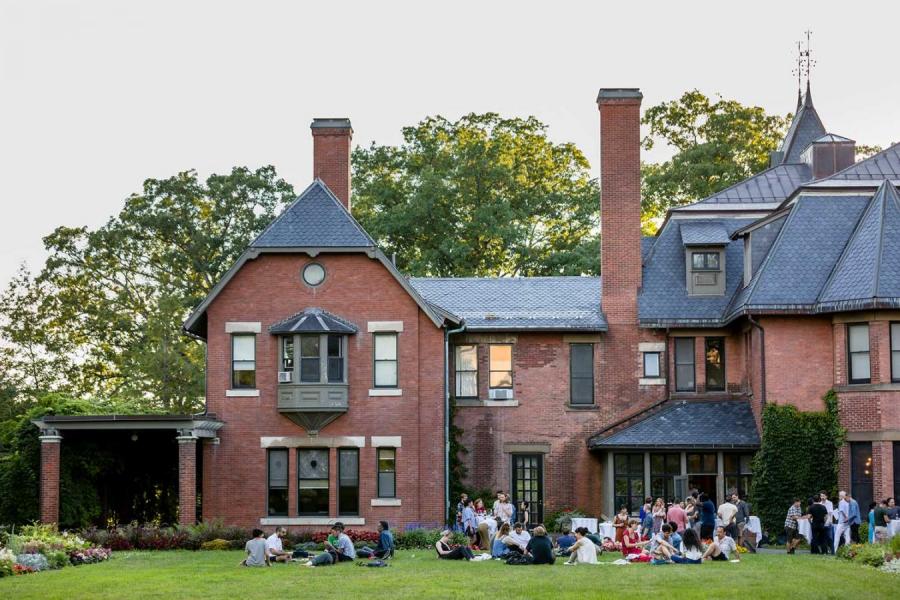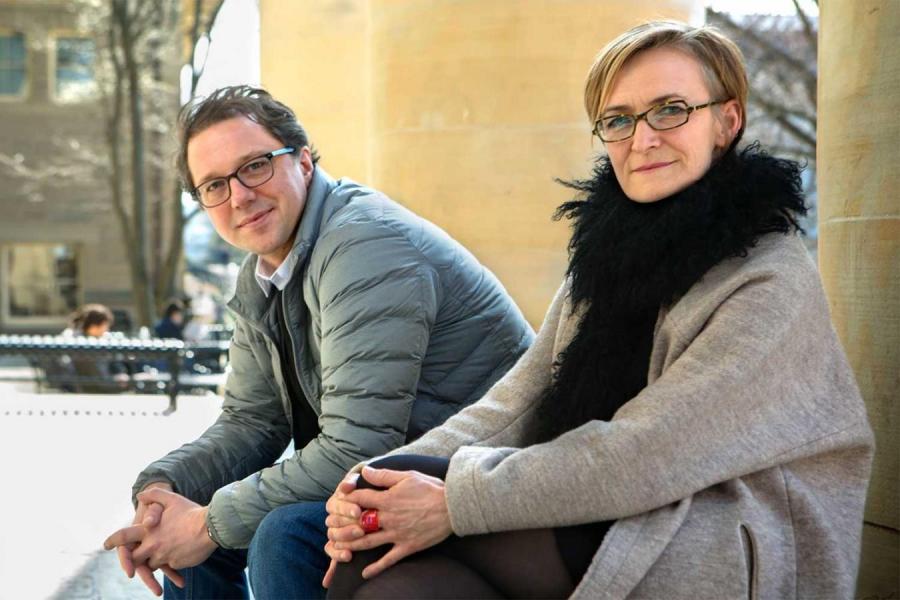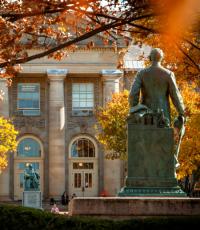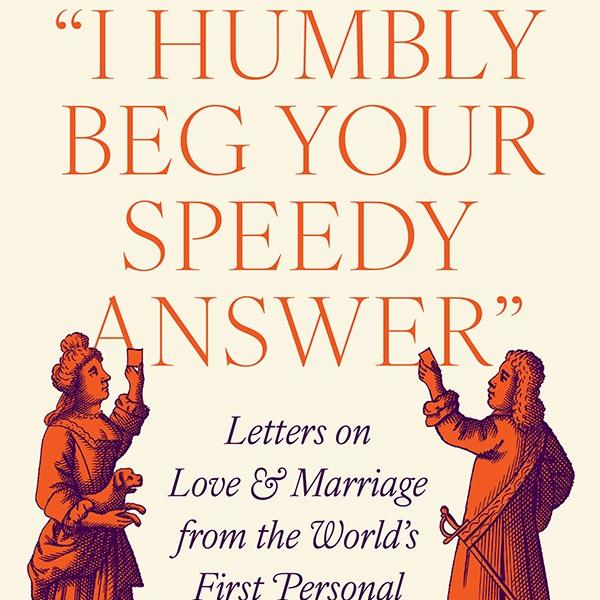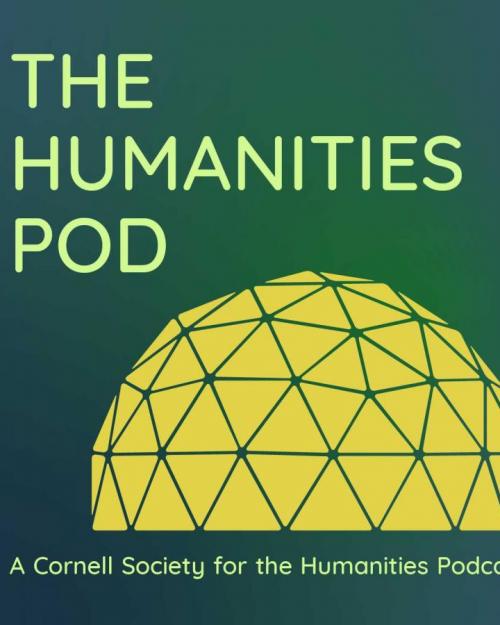The humanities thrive where people can gather to converse and collaborate.
“The Humanities Pod,” a podcast launched this semester by the Society for the Humanities in the College of Arts and Sciences, provides a space for humanities scholars to share ideas virtually, keeping cross-disciplinary dialogue going even during pandemic conditions and extending the reach of these conversations beyond Cornell.
“We like to view the Society as the space on campus where ideas move between colleagues, departments and disciplines,” said Paul Fleming, the L. Sanford and Jo Mills Reis Professor of the Humanities and Taylor Family Director of the Society for the Humanities. “Before COVID-19, the A.D. White House was host to daily humanities events. The podcast is our attempt not only to keep ideas circulating, but also to expand the reach of the Society going forward. Now people can listen in on what is happening in the humanities at Cornell anywhere and anytime."
“The Humanities Pod” provides a portal into the current conversations and research of humanities colleagues, Fleming said. The episodes, 8-10 per year, will highlight the Society’s focal theme—for 2021, it is “Fabrication”—in addition to new work by Cornell colleagues.
“With COVID, and the prospect of having what was conceived as an in-residence Fellowship program going remote, we felt we needed to create a forum for the Fellows at the Society this year, and for other colleagues in the Humanities at Cornell,” said Annette Richards, the Given Foundation Professor in the Humanities, University Organist, and Society for the Humanities interim director.
In the latest episode, posted Feb. 11, Richards speaks with Georgia Frank, a 2020-21 Society Fellow and the Charles A. Dana Professor of Religion at Colgate University, about the power of song in reenacting and fabricating emotions during the first 600 years of Christianity.
The first two episodes address “Indigenous Dispossession and the Founding of Cornell.” In this mini-series, Fleming interviews guest scholar Michael Witgen, professor of American Culture and History and former director of Native American Studies at the University of Michigan. Professor Witgen is also a member of the Red Cliff Band of Lake Superior Ojibwe, whose land formed the basis of Ezra Cornell’s scrip purchases and sales that founded the university.
Fleming also speaks with Cornell faculty member Jon Parmenter, associate professor of history, on his new research into Cornell’s ties, through the Morrill Land-Grant College Act of 1862, to violence and displacement through its landholdings.
“The archival work Jon Parmenter and the colleagues in the American Indian and Indigenous Studies Program are doing—all housed right here in the Cornell library—is both fascinating and uncomfortable,” Fleming said. “It’s not the story we want to hear, but one we need to know about and deal with. It is our history, one that has largely been unaddressed, and this is part of the crucial work humanists do.”
More shows coming this semester feature engaging conversations with faculty, community members and special guests, especially illuminating the 2021 them of “Fabrication” and the Mellon-sponsored Rural Humanities initiative.
A coming episode will feature Kate Manne, associate professor of philosophy, in a talk about her work on the deep structure of misogyny.
In another, Ed Baptist, professor of history, will talk about “Freedom on the Move,” a database of digitized fugitive slave advertisements from 18th and 19th century U.S. newspapers. He will also discuss a related musical collaboration topic with Lucy Fitz Gibbon, interim director of the Cornell Voice Program, to create the musical work “Singing Freedom” with poet Tsitsi Jaji, composer Shawn Okpebholo and performers.
“The Humanities Pod” is a way to bring the intellectual excitement and new ideas that foster such wide-ranging collaborations to a broad audience, both within academia and beyond, Richards said: “Perhaps it’s that infectious energy, above all, that we want to communicate.”
Read the story in the Cornell Chronicle.

